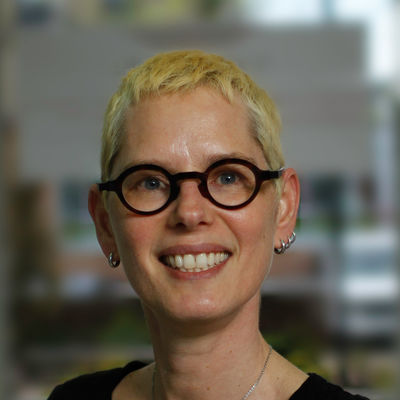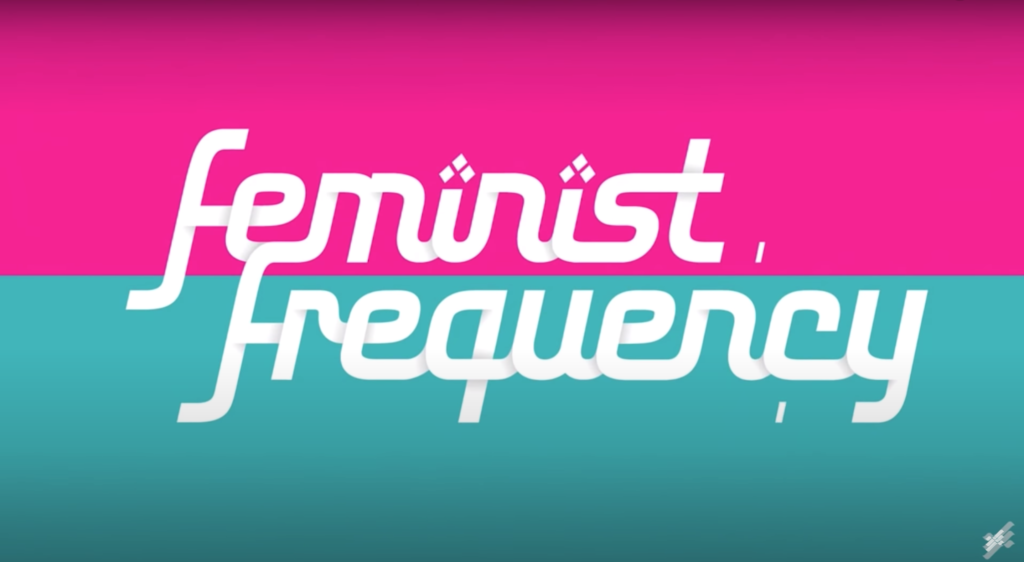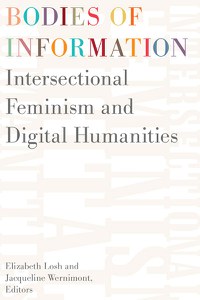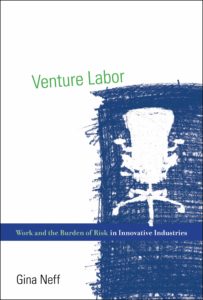Digital Culture: Historical Overview
Scholars & Thought Leaders
Chin-Chuan Lee
- Book: Internationalizing “International Communication”
- Talk at Amherst Media (2012) This conference/conversation is about the importance of viewing international communication from a non-western, non-asian point of view. Professor Chin-Chuan Lee invites a multi-cultural perspective to the study of international communication. (2012)

Fabienne Darling-Wolf
- Book: Imagining the Global: Transnational Media and Popular Culture Beyond East and West
- Talk on Temple University about the COVID-19 pandemic: Darling-Wolf speaks of how countries that have female leaders have more diversity, and conducted better policies during the COVID-19 pandemic.

Elisa Barney
Dr. Elisa Barney Smith’s research focuses on image processing and machine learning. From 1989 to 1993 she worked as an engineer at the Naval Undersea Warfare Center in New London, CT. In 1993, she had a research internship at the NATO SACLANT Centre in LaSpezia, Italy. Her work at both NUWC and SACLANT Centre involved designing automatic target classification algorithms and systems that utilize passive acoustic data. Dr. Barney Smith is a member of IEEE (Institute of Electrical and Electronics Engineers) and SPIE (Society of Photo-optical Instrumentation Engineers). She was chair of the Boise section of IEEE from 2000-2003, and chair of Region 6’s North-East Area from 2009-2013.

Mary Flanagan
Mary Flanagan examines alternative games—games that challenge the accepted norms embedded within the gaming industry—and argues that games designed by artists and activists are reshaping everyday game culture.

Mar Hicks
Mar Hicks is a historian of technology, gender, and labor, specializing in the history of computing. Hicks’s book, Programmed Inequality (MIT Press, 2017) investigates how Britain lost its early lead in computing by discarding the majority of their computer workers and experts–simply because they were women. Their current project looks at transgender citizens’ interactions with the computerized systems of the British welfare state in the 20th century, and how these computerized systems determined whose bodies and identities were allowed to exist.

Angela Xiao Wu
Angela Xiao Wu is an Assistant Professor at the Department of Media, Culture, and Communication at New York University. Trained in media and communication, but drawing much from science and technology studies, cultural sociology, and political science, Wu investigates the connections between media technologies, knowledge production, and politics.

Heidi Tworek
Dr. Heidi Tworek is associate professor of international history and public policy at the University of British Columbia, Vancouver, Canada. Her work examines the history and policy around media, hate speech, health communications, international organizations, and platform governance.

Film & Video
The Secret History of The ENIAC Women | Kathy Kleiman | TECxBeaconStreet (2018)
As an undergraduate, I discovered a picture. It was ENIAC, the world’s first modern computer, with men and women, but only the men’s names in the captions. I was told the women were models, but when I tracked them down, I learned they were ENIAC’s first programmers. Why were they invisible? We recorded extensive oral histories and produced a film called “The Computers: The Remarkable Untold Story of the ENIAC Programmers.” Around the world, their story has inspired girls, boys, women and men in STEM. May it inspire many more!
Anita Sarkeesian at TEDxWomen (2012)
Anita Sarkeesian talks about online misogyny in the video game community, and her experience with harassment because of her work. She is a media critic and the creator of Feminist Frequency, a video webseries that explores the representations of women in pop culture narratives.
Source: TEDx Talks
Keywords: #gamer #culture #women
Why Are There So Few Women in Computer Science? (2017)
Today, we think of computer science as a field dominated by men, but the women have a long and important history in the field. In fact, women were many of the very first computer programmers, played a hugely important part in the development of computing during World War II and the space race, and ran the one of the first computer software companies. So, what changed? Watch the episode to find out!
Source: Origin Of Everything| PBS Digital Studios
How Did Tech Become So Male-Dominated? (2017)
Since computing began in the 1940s, women have led major developments in programming and software development. In 1984, 37 percent of computer-science majors were women. What happened? The tech industry’s image shifted rapidly in the 1980s and ’90s, and society began to associate programming with men. Today, only one in four computing jobs is held by a woman. This short, animated history of women in tech explains how women—not just men—developed computer science. Programming isn’t a male or female job, and remembering that is necessary to fix the tech industry’s gender gap. Read more in The Atlantic’s April 2017 cover story, “Why Is Silicon Valley So Awful to Women?”
Source: The Atlantic
The Computers: The Remarkable Story of the ENIAC Programmers
YouTube Channel: Feminist Frequency
Books & Articles
What Gamergate should have taught us about the “alt-right” (2016)
The 2014 online hate-storm presaged the tactics of the Trump-loving far right movement. Prominent critics of the president elect should take note.
Source: The Guardian
Mark Judge, Gamergater: Kavanaugh pal’s creepy 2015 attacks on Anita Sarkeesian look even creepier in retrospect. (2018)
Source: We Hunted The Mammoth
The only guide to Gamergate you will ever need to read (2014)
Source: Washington Post
Returning Women to the History of Digital History (2016)
Appears in: Bodies of Information: Intersectional Feminism and Digital Humanities (2018)
A wide-ranging, interconnected anthology presents a diversity of feminist contributions to digital humanities.
Elizabeth Losh and Jacqueline Wernimont
Venture labor: Work and the burden of risk in innovative industries (2012)
Why employees of pioneering Internet companies chose to invest their time, energy, hopes, and human capital in start-up ventures.
In the dot-com boom of the late 1990s, employees of Internet startups took risks—left well-paying jobs for the chance of striking it rich through stock options (only to end up unemployed a year later), relocated to areas that were epicenters of a booming industry (that shortly went bust), chose the opportunity to be creative over the stability of a set schedule…
Podcasts
Chips with everything (2016)
Source: The Guardian
Why are people designing video games in war zones? How do you catch a catfisher? Can we trust AI lie detectors? Each week, Jordan Erica Webber is joined by experts to answer these questions on our digital culture podcast, Chips with Everything
American Hysteria (2020)
Episode June 1, 2020
The internet hate campaign known as #gamergate began in February of 2013 when video game developer Zoe Quinn put out a simple, text-based game called Depression Quest that attempted to show players what it was like to live with this illness. After receiving positive reviews and write-ups, a swath of misogynistic trolls in the gaming community took to message boards to rail on the game they saw as a feminist, political correctness conspiracy to infiltrate their male dominated space, and the fire was only stoked by a long-winded “call out” by Zoe’s ex-boyfriend leading to mass harassment including death threats, rape threats, and the leaking of Zoe’s email, social media, phone number, home address, and nude photos.
The Beans (2019)
Episode October 13, 2019: Gamergate
*Profanity* Hosts Valeria Mullen, Sam Gonçalves, and Erin Farley revisit the details of “Gamergate” and women in gamer culture / game development.









